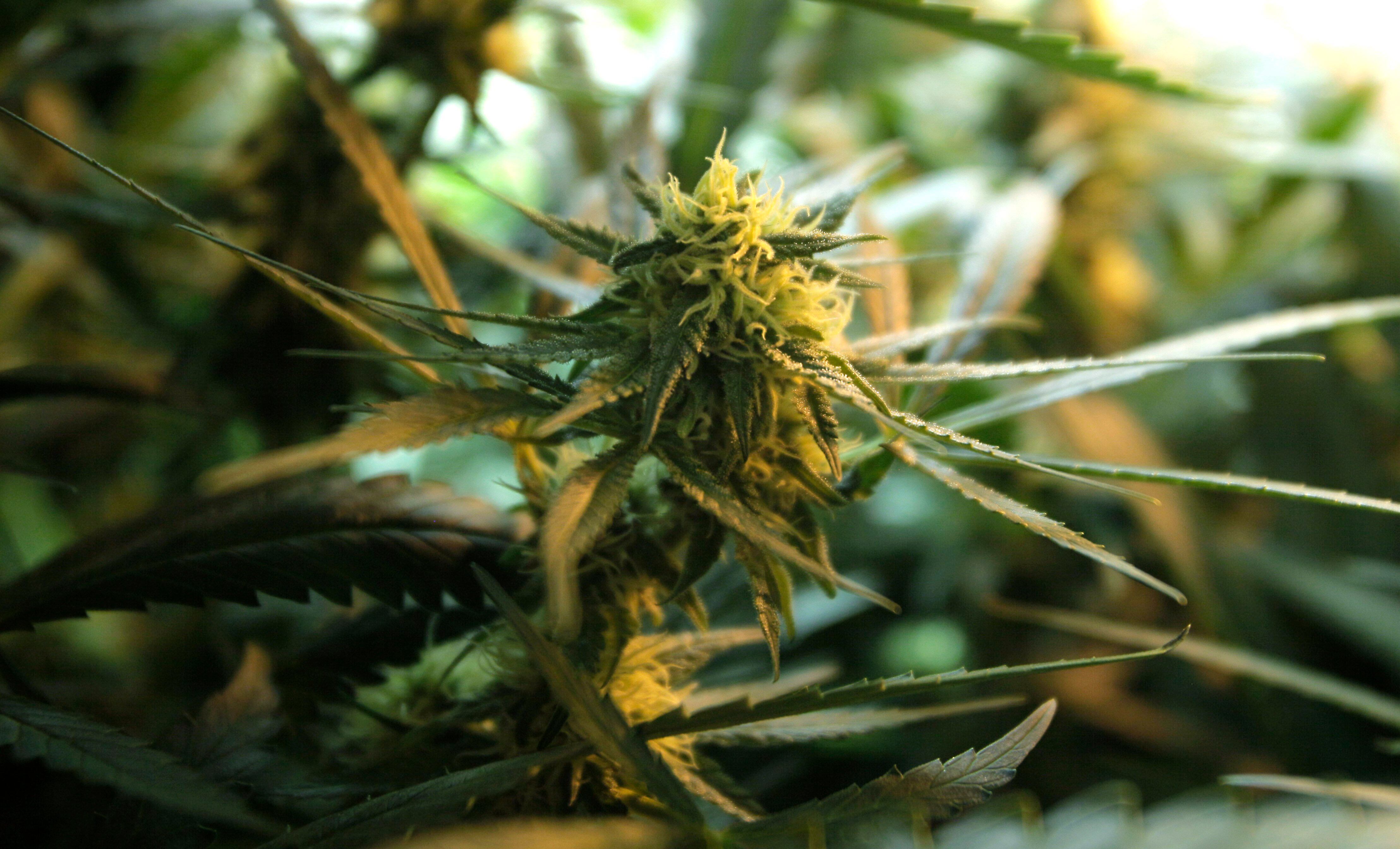A trio of senators pushing for nationwide legalization of medical marijuana are putting veterans at the center of that effort, saying the law today prevents war heroes from getting all the care they need.
The measure, which would reclassify marijuana to allow more medical use and research, is a long shot to pass the Republican-controlled House and Senate. But supporters — Sens. Rand Paul, R-Ky.; Kirsten Gillibrand, D-N.Y.; and Cory Booker, D-N.J. —called the idea overdue and sorely needed, given the potential medical benefits.
"Right now, veterans are prevented from getting the treatments they need to get relief from their suffering because of (federal marijuana) laws," Booker said at a press conference Tuesday. "Enough is enough."
Medical marijuana is legal in 23 states and the District of Columbia, and 12 additional states have laws regulating oils made from marijuana plants.
But federal law still treats use and possession as a crime. Even in states where use is permitted, Veterans Affairs Department physicians are prohibited from discussing its use with patients, or from studying its potential benefits in treating problems such as depression and post-traumatic stress disorder.

Three senators have joined forces to push for wider acceptance of medical marijuana for veterans.
Photo Credit: AP
Reclassifying marijuana as a Schedule II drug — the same as medications such as methadone or oxycodone — would allow more of that scientific research, especially among universities that currently won't consider experimenting with the illegal substance, Paul said.
Some veterans advocates have pushed for wider research of marijuana use, given past studies on its effects in preventing seizures and pain.
T.J Thompson, a disabled Navy veteran and member of Veterans For Medical Cannabis Access, said federal rules preventing VA doctors from discussing the drug hurt both veterans and the department, since it forces patients out of the system in order to understand all their options. Passing this bill, he said, could help close that gap.
Gillibrand said she is hopeful other lawmakers will be persuaded to make the changes by stories of families who have seen medical improvement because of marijuana use, and start to think of the drug more like a heavily-regulated opiate than an illegal substance.
The proposal would not change any rules regarding non-medical marijuana use.
Leo covers Congress, Veterans Affairs and the White House for Military Times. He has covered Washington, D.C. since 2004, focusing on military personnel and veterans policies. His work has earned numerous honors, including a 2009 Polk award, a 2010 National Headliner Award, the IAVA Leadership in Journalism award and the VFW News Media award.
